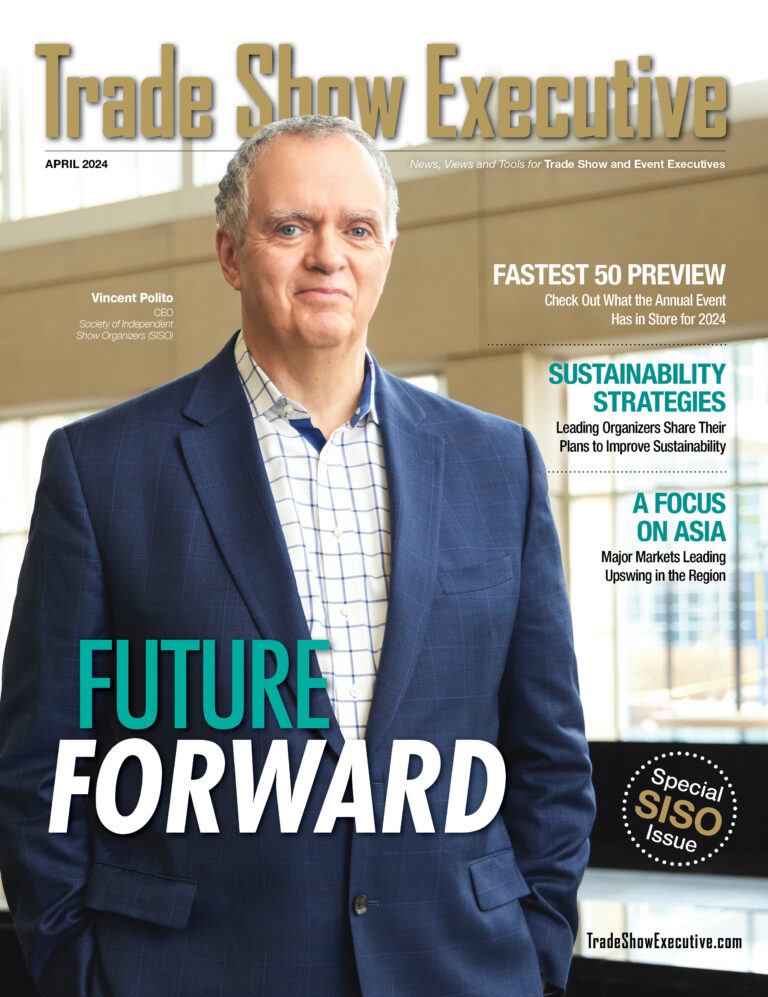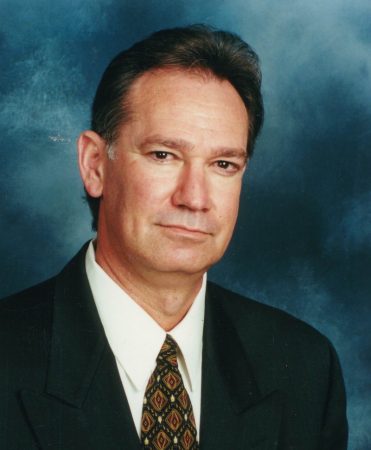CALABASAS, Calif. — Even before the COVID-19 pandemic brought the world to a screeching halt, trade shows and events faced unforeseen disruptions from natural disasters, riots, and terrorism. In light of this, trade show contracts are more important than ever before.
Attorney Mark Roysner was the featured speaker of a recent webcast entitled “Critical Considerations for Future Event Contracting,” sponsored by A2Z Events by Personify and the Women in Exhibitions Network, North American Chapter.
“The pandemic changed what we think is normal business,” Roysner said. “We see tremendous consolidation both in the hotel business and in brands throughout the county. The types of hotel facilities used by the majority of event producers are now predominately owned or managed by one of the three major hotel companies. In addition, there is consolidation in the convention center side of the business, with major players coming in to take over management. With these changes comes a change in mindset regarding how they operate and negotiate.”
Roysner explained the differences between a letter of intent (LOI) and a letter of agreement (LOA). An LOI is signed before finalizing a contract. Even though an LOI is not binding, it indicates a serious commitment that requires fulfillment. An LOA is a written legal document between two parties who want to make their discussions of a transaction official.
He touched upon what he felt were the pros and cons of Destinations International Destination Booking Agreement, which features a toolkit with a best practice outline on mutually agreeable terms that protect both destinations and meeting professionals.
Roysner further went on to state that, “When you receive an LOI or an LOA from a destination’s CVB, you need to review it very carefully, and truly understand the implications of entering into these types of ‘pre-contract’ arrangements, and most importantly, to revise them as necessary to protect your organization from unanticipated financial liability exposure, or issues which could diminish your ability to negotiate most favorable terms with hotels, conventions center and vendors.”
Be Proactive
Roysner emphasized the importance of not agreeing to contract terms that lock a meeting professional in with penalties. “We just came through a pandemic and am now dealing with political uncertainty, associations involved in politics changing at a rapid pace, and unprecedented weather issues.”
He admits there was a time when deals were made with a handshake and terms spelled out on the back of a napkin. Those days are over. “We have become more contractually based on written terms,” he said,
Trade show contracts must also evolve according to the times we live. For instance, a staffing shortage is a reality. “Are you putting in terms to get the service you need,” Roysner asked? “What should be reviewed, modified, or included in organizers’ contracts to reduce exposure to liability and risks?”
He enthused about how words matter. “Using and instead of or can be very expensive.”
Mutually Beneficial Contracts a Must
A successful contract is bilateral, said Roysner. He said it is also imperative you look at all trade show contracts with a fine-tooth comb. Make sure you have spelled out and consistently use terms like event dates, show dates, peak room nights, and attendee. He recommends taking it one step further by defining these terms.
His other advice, do business with cities that want your business. “We are economic generators for the destinations we select to hold our events in. We’re not vendors/suppliers hired by a city to provide pot-hole filling type services,” he stressed. “If they are unwilling to negotiate with you, walk away.”
Spell out what is most important to you. “Include a provision that you can bring in your general services contractor if that is what you want. Spell out what exclusive services are required by a facility as of the time of contracting and add language that protects you from having to accept new exclusive services which a facility adds after the contract is signed. If you don’t ask for it, you will never receive it,” said Roysner.
Attrition is a real issue to deal with in today’s world. “We saw event attendance at 75 percent of pre-pandemic levels this year. I don’t believe it will get to 100 percent in the next two to three years,” said Roysner.
Force majeure clauses were discussed, emphasizing making them bilateral in all instances, not simply facility impossibility-only provisions. Roysner also discussed the importance of adding pre-event advanced planning/excused non-performance” provisions to address force majeure events which could occur before your actual events dates but could still have a detrimental impact on your event should your organization be contractually forced to proceed with the event, or pay substantial cancellation fees due to a lack of foresight on these issues when negotiating your contract.
He also recommended negotiating with the convention center first, then the hotels, or both at the same time. “That preserves negotiating leverage,” he said. “If you have already locked in hotels, there is no need for the convention center to negotiate with you or vice versa.”
His final piece of advice? Write your own contract, as it will give you a roadmap. Start with a checklist and, if necessary, find an expert to review them or consult with on them.
“Planners are not professional negotiators or financial planners by trade; they are event professionals tasked with handling the logistics, production, promotion and marketing of their events. If you don’t have the expertise, experience, or time to review and negotiate your contracts in a manner that properly addresses and protects your organization on issues related to unanticipated liability and financial exposure, force majeure, as well as each party’s contractual performance obligations to the other, either take the time to learn the types of provisions and contractual language that needs to be incorporated into your contracts or retain the services of a professional with substantial expertise and knowledge in these areas to assist you in obtaining a contract which protects your organization’s interests and financial well-being,” he concluded.
Reach Mark Roysner at (805) 366-0847 or roysner@roysnerlaw.com












